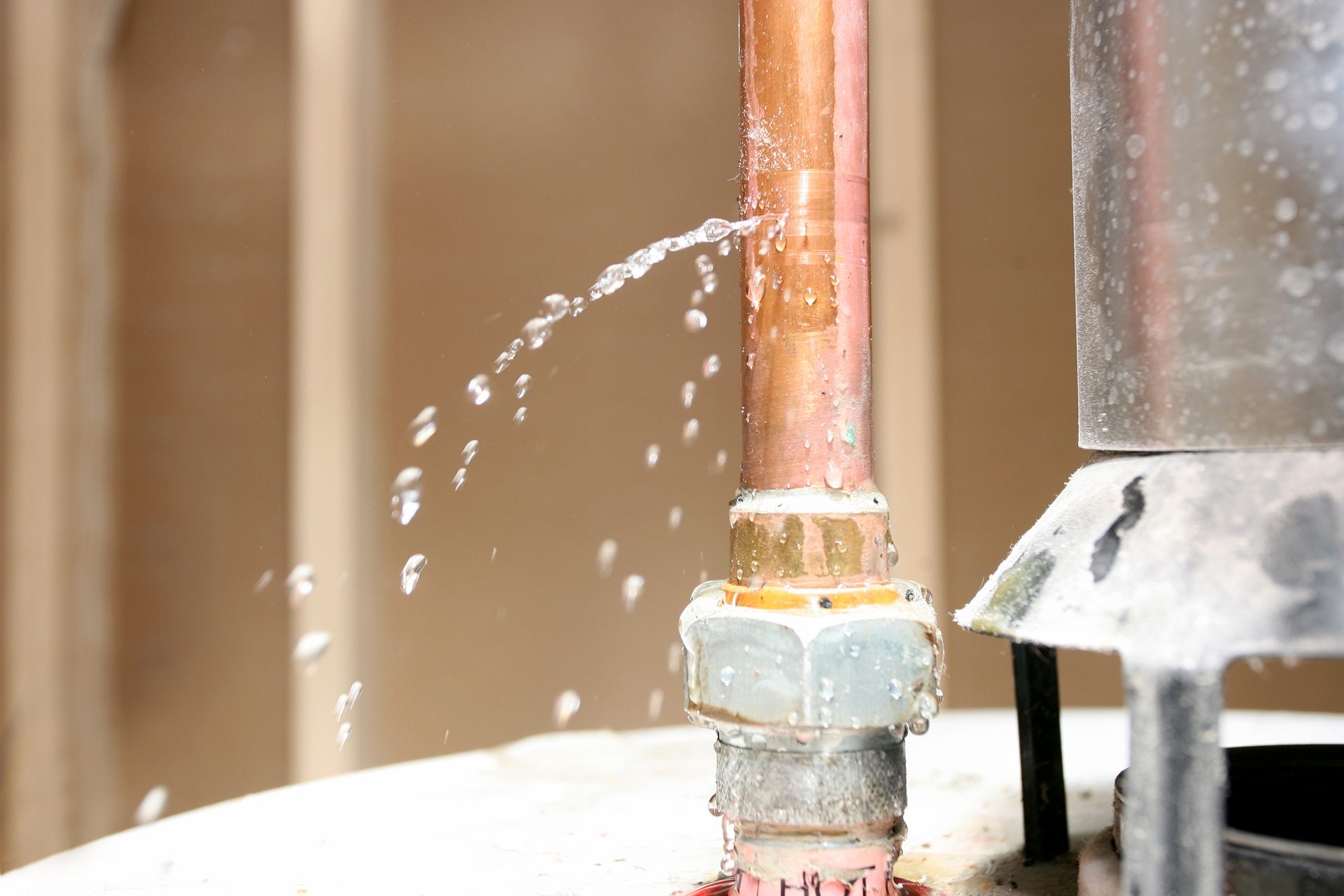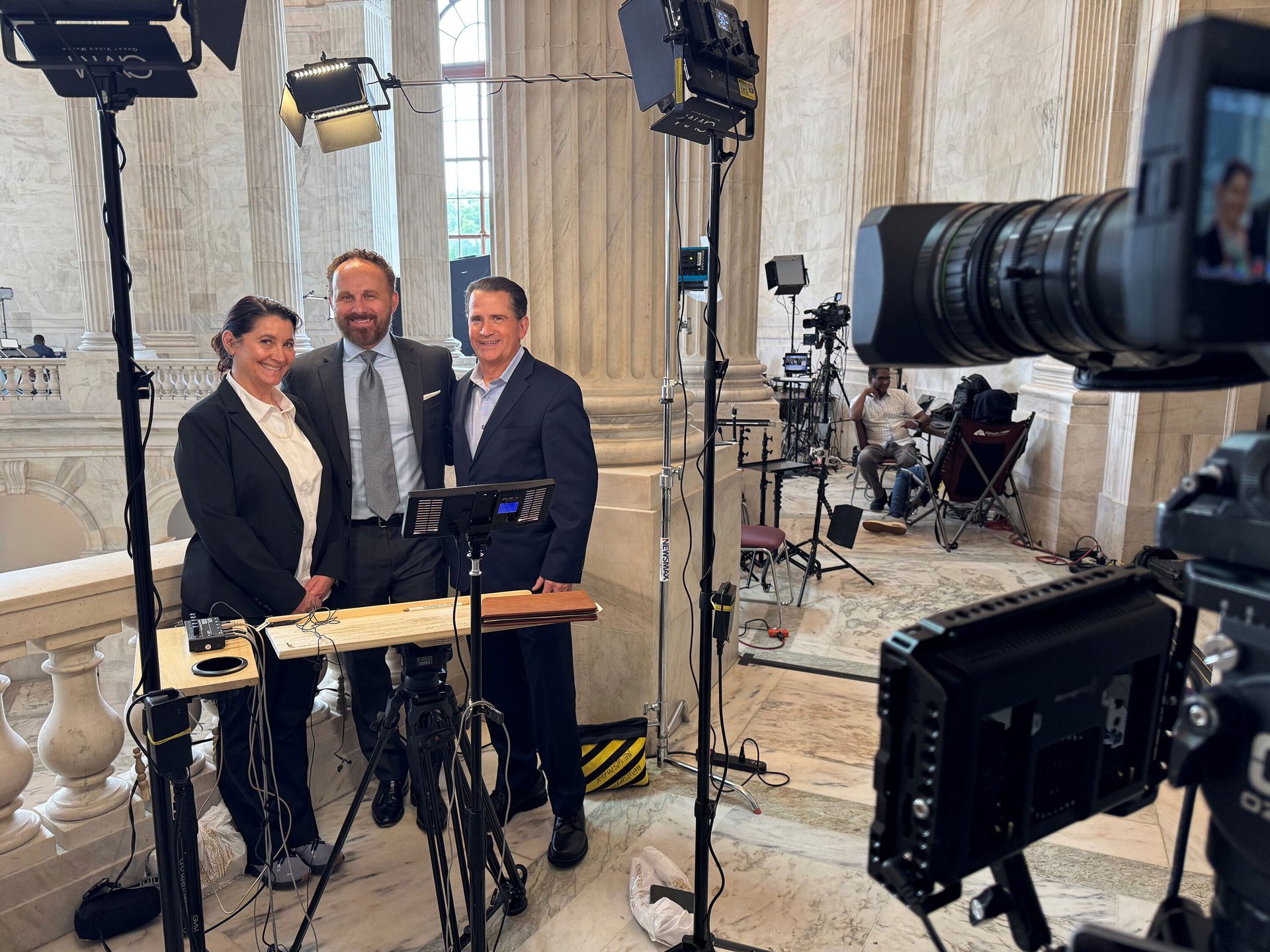
GUEST EDITORIAL
BY Ian Greene
MANAGING YOUR BUSINESS
How plumbers can enable insurable homes and deliver peace of mind for homeowners
Coupling installation and product expertise to save money and gain trust.

Homeowners carry property insurance because catastrophic events can happen at any time—and whether that means fire, flood or burglary, the life disruption can be dire, even when insurance is there to help remediate the loss in the end. Thankfully, there are simple home investments that can provide a layer of protection and enable peace of mind. A common example required by insurance is a smoke detector. And as the insurance industry realizes more catastrophic loss events, they’re moving to the next level of protection requirements to help lessen losses overall.
For some homeowners, it may come as a surprise to learn that water damage is a greater threat—at least based on likelihood of property insurance claims—than fire and theft combined. Plumbing leaks can cause catastrophic damage quickly, or small leaks can compound to cause major damage over time.
To help control losses and to make insurance available to certain homes, more insurers are requiring plumbing leak detection devices as a condition of coverage, alongside smoke detector requirements that are ubiquitous throughout the industry.
According to Stephen Poux, EVP of Risk Management at The Liberty Company Insurance Brokers, "Insured losses from catastrophic events and severe weather continue to challenge the sustainability of insurers across the U.S. Among these, losses from plumbing and appliance leaks within homes are increasingly significant, especially for owners of high-value properties. This has led more underwriters to mandate the installation of water shut-off technology as a precondition for insurance. Particularly in regions prone to natural disasters, such as California and Florida, maintaining insurability is crucial for homeowners. Investments in advanced loss prevention technologies not only help secure insurance coverage, but also contribute to more favorable premium rates. By proactively adopting these systems, homeowners can safeguard their properties against potential damages and ensure their insurability in today's challenging insurance market."
For plumbers, leak detection installation presents a golden opportunity to fortify a home to be insurable and to position themselves as trusted experts in creating a resilient home.
How homeowners benefit from smart leak detection
Most homes today have at least one IoT device from a spectrum of offerings: from smart TVs and speakers to HVAC controls and security cameras. While the most generous industry estimates suggest smart leak detection adoption has reached only five percent of U.S. homes, it’s also one of the fastest growing categories in the smart home ecosystem, and perhaps the only one requiring a highly skilled tradesperson to make it part of a home’s infrastructure.
Smart leak detection technology can be broken down into two broad categories. Point of leak sensors detect water accumulation on a surface, while flow-based leak detection flags abnormalities in water flow—relative to typical household water use patterns. While both types of leak detection can be effective, flow-based technology is more comprehensive, and when an insurance carrier requires leak detection as condition of coverage, they will typically mandate flow-based technology with auto shutoff. In other words, some homeowners require a plumber’s professional services in order to attain or maintain home insurance.
Even within the category of flow-based leak detection, not all products are created equal. The best products can detect very small levels of water flow in real time, signaling the formation of a leak—while also sending alerts to a smart phone and automatically shutting off the water supply to avert major property damage.
This kind of technology yields benefits to the homeowner beyond insurability, some of them fairly obvious—for example, it’s clearly a boon when homeowners can detect small leaks and minimize damage before they require an insurance claim, or cause loss of use for a property. And even when insurers don’t require leak detection, many carriers offer policy premium discounts for proactive installation of a device. For second homes especially, the ability to monitor water use remotely and automatically shut off leaks—and to turn the water supply off and on as needed—provides considerable oversight and peace of mind.
To most effectively meet market demands for leak detection, it’s beneficial for plumbers to understand insurance requirements and overall product benefits, and be equipped to clearly articulate them to homeowners—helping them choose an optimal leak detection solution.
The most successful plumbers will be those with an aptitude not only to fix plumbing problems but to help homeowners achieve a more secure and comfortable lifestyle.
Plumbers should recognize leak detection as a must-have for certain homes
The installation of smart leak detection is usually uncomplicated, as smart valves are installed in the same manner as basic shutoff valves. The challenge for plumbers may be assessing a homeowner’s needs and determining exactly which smart leak detection product is best suited for their home. After all, not all smart leak detection technologies are created equal.
As a general rule, having some level of leak detection is better than having none at all, and even passive alert-only point of leak detectors offer some protection, albeit they may not check the box with insurance requirements. With that said, leak detection technology is a field where the adage “you get what you pay for” tends to hold true, and a more comprehensive solution may offer numerous perks—including a longer lifespan and an extended warranty.
Certain types of properties will have unique needs, including larger homes with more complex plumbing infrastructure, as well as second home and rentals that are occupied irregularly. In these homes, plumbers may want to recommend leak detection devices that offer specific user settings, as well as integration with water treatment, irrigation, and other plumbing systems.
Sizing is an important consideration, too, and plumbers will want to guide homeowners toward a leak detection valve that is appropriately sized to the property’s water supply pipe. Here is another area where choosing a premium product can be of benefit, as premium leak detection brands often offer greater range and flexibility in terms of valve sizing.
Demonstrating expertise through leak detection technology
All homes require water heating to accommodate living, and today more homes need leak detection to enable insurability. For plumbers, the ability to confidently recommend and install leak detection technology is important for servicing a growing segment of homes for which insurance carriers require a device. The most successful plumbers will be those with an aptitude not only to fix plumbing problems but to help homeowners achieve a more secure and comfortable lifestyle. Gaining competency regarding smart leak detection technology is a critical step.

Image courtesy of DIGIcal / E+ / Getty Images
Ian Greene is the marketing director at FloLogic, a manufacturer of flow-based leak detection and plumbing control devices since 1999. He has more than a two-decades of experience developing new product categories that involve professional services. FloLogic is a proud member of the Bradford White Corporation family of companies.
